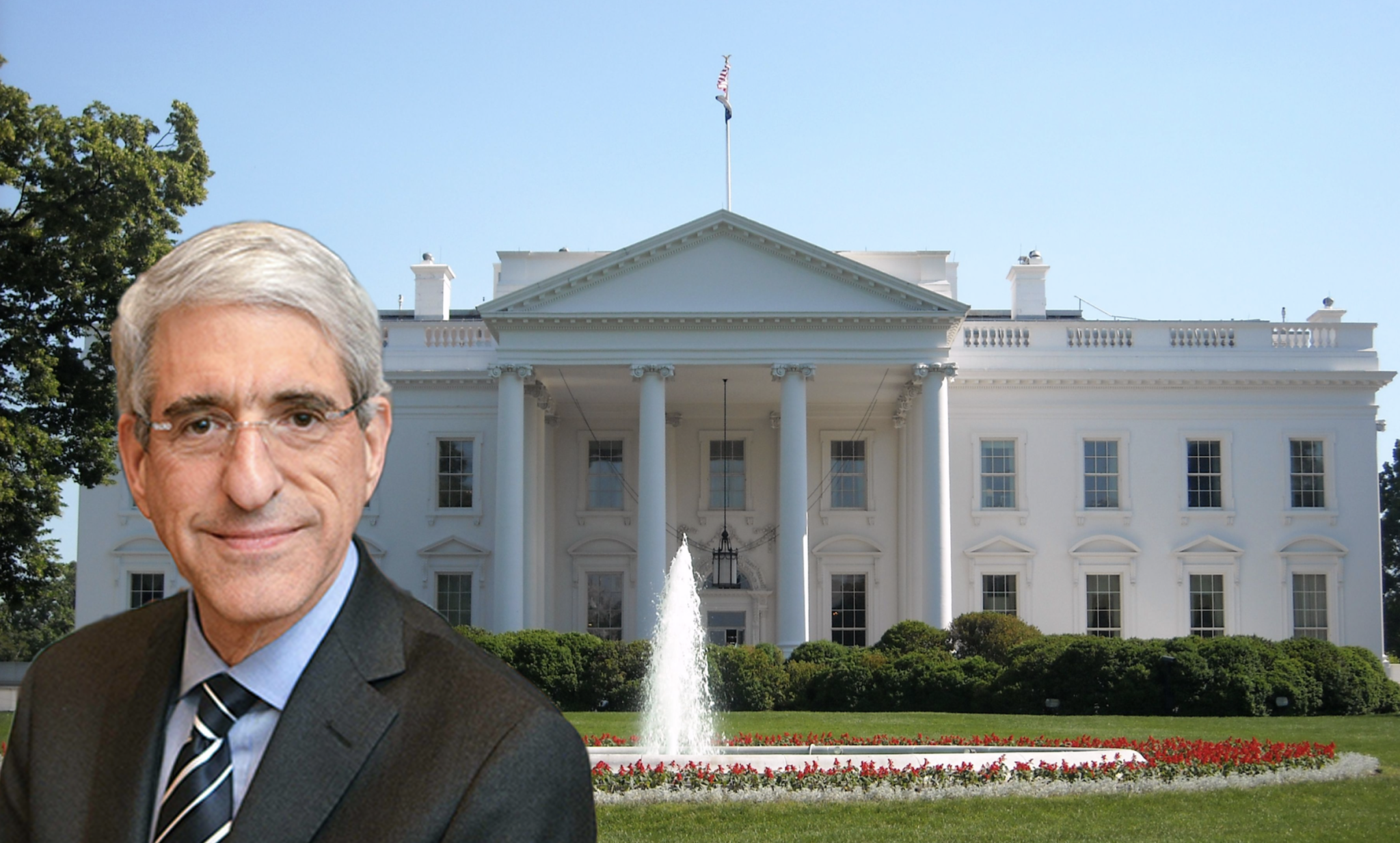
Yale News and Wikimedia Commons
Citizens across the country wait for the outcome of Tuesday’s presidential election — and the outcome will likely affect University practices.
Throughout the past four years, the Trump administration has had numerous high-profile clashes with the University. It has opened investigations into and a lawsuit against Yale’s admissions practices and foreign funding disclosures. A second term of Trump could bring more of the same, or potentially embolden the president to increase attacks.
The Trump campaign has not yet outlined a plan for higher education for the next four years, leaving some ambiguity as to what would happen if he wins. In contrast, although Democratic candidate Joe Biden has not outlined a specific plan for institutions like Yale, he has defined student loan forgiveness as a top priority. The News looked into how the University and current administration have dealt with conflicts regarding admissions, foreign contributions, immigration and relations with China.
“I see no reason why President Trump, having won reelection, would moderate his attacks on institutions of higher education,” professor of political science Jacob Hacker wrote in an email to the News. “At the most basic level, [a Biden win] would mean the end of a number of legal and policy threats that have consumed the attention of institutions of higher education like Yale.”
During his presidency, Trump has made no secret of his disdain for elite universities. His base is more likely not to have attended college than other voters, and on Nov. 2, he tweeted that he had signed an executive order to create a 1776 Commission that would stop the “radical indoctrination” of students to a liberal ideology. The order reads, “a series of polemics grounded in poor scholarship has vilified our Founders and our founding,” and follows up on a July tweet in which Trump claimed he would direct the Treasury Department to reexamine universities’ tax-exempt status.
Hacker, who recently wrote a book on the Trump administration, said there are two chief reasons why the president is hostile to elite universities. First, he wrote, universities are often the source of “inconvenient truths that undermine the administration’s false narratives regarding climate change, COVID-19, and much else.”
Second, universities are often seen as hostile to the Trump administration. During the last generation, Americans with a college degree have largely moved away from the Republican party, Hacker explained. On a broader level, universities are seen as supportive of immigration, LGBTQ rights and multiracialism, which Trump has often opposed.
Arms of the Trump administration, including the Department of Justice and the Department of Education, have mobilized against institutions of higher education. Most recently, the Department of Justice sued Yale for allegedly discriminating against white and Asian American students in its admissions process.
In response to the suit, University President Peter Salovey wrote that Yale does not discriminate against applicants of any race or ethnicity and will not change its admissions practices in response to the probe. According to Salovey, Yale will fight the suit.
“As our country grapples with urgent questions about race and social justice, I have never been more certain that Yale’s approach to undergraduate admissions helps us to fulfill our mission to improve the world today and for future generations,” Salovey wrote.
According to Hacker, if Trump wins a second term, he may focus his attention on three main issues with universities: restricting foreign students from studying in the United States, opposing affirmative action and limiting colleges’ ability to protect LGBTQ rights and discourage hate speech. The Trump administration claims discouraging hate speech infringes on religious liberties and free speech, Hacker wrote.
Last February, the Department of Education began investigating Yale and Harvard University under the suspicion that the institutions failed to report hundreds of millions of dollars in foreign gifts and contracts. Yale did not report at least $375 million in foreign contributions over the past four years. The Department alleged that the funding can be contingent and therefore compromise academic freedom.
In an interview with the News last month, Vice President for Global Strategy Pericles Lewis acknowledged that the University fell slightly behind on reporting foreign contributions but has since caught up. Still, members of the federal government continue to criticize Yale.
“Sometimes one suspects that it’s just that they are looking for a target at an elite university more than they are worried, because we are up to date on our reporting,” Lewis said. “Sometimes people in government will issue a letter or criticism partly to score a political point, not to say that there’s not a real underlying issue.”
The government has also increasingly scrutinized American higher education institutions’ relationships with China, claiming that the Chinese government is using educational institutions to steal classified information. Yale is the U.S. university with the longest history of relations with China — dating back to 1835 — and has collaborated with scientists in China to respond to the coronavirus pandemic and other health concerns.
In the most recent quarter, the University lobbied against numerous proposed bills that would hinder the exchange of ideas with China — specifically, it attempted to fend off threats to cross-national research and to Chinese Yalies’ visas.
Between July and September, the University spent $110,000 lobbying for specific issues, one of which was immigration. The University lobbied to allow visas to be granted to Chinese citizens, as well as to allow international students to study in the United States during the pandemic.
Additionally, Yale has filed an amicus brief in support of the suit by Harvard University and the Massachusetts Institute of Technology against the Department of Homeland Security and Immigration and Customs Enforcement. The suit opposes the government’s proposed ban on international students studying in the United States if they do not take at least one in-person course.
The DOJ was founded in 1870, and the DOE was established in 1979.
Rose Horowitch | rose.horowitch@yale.edu






